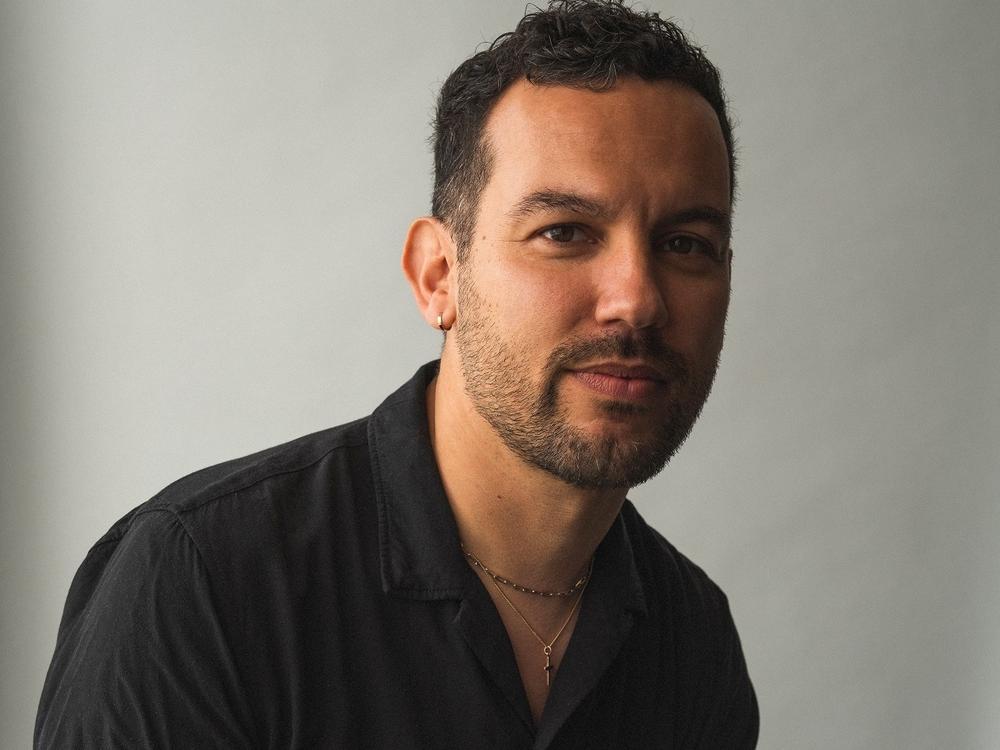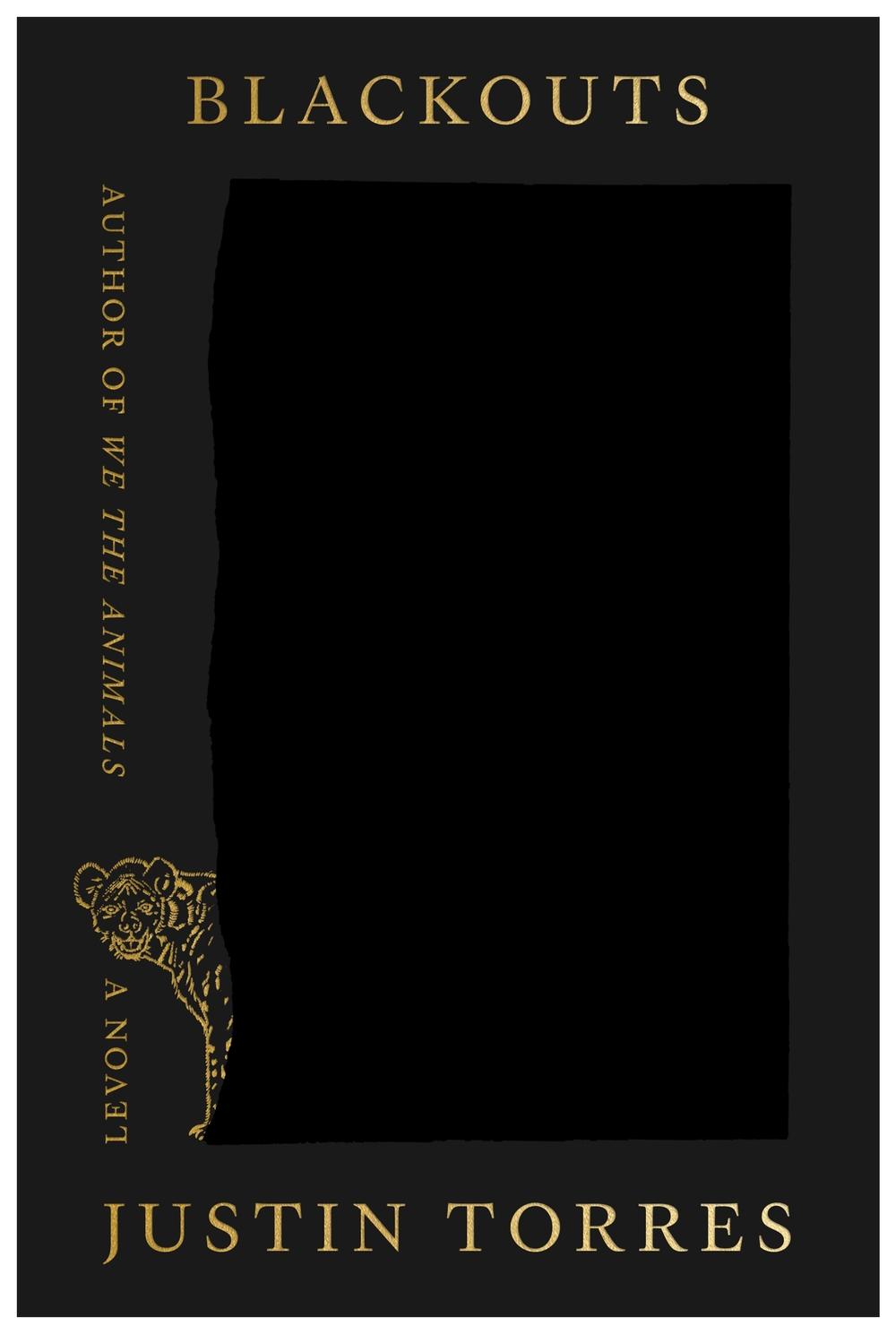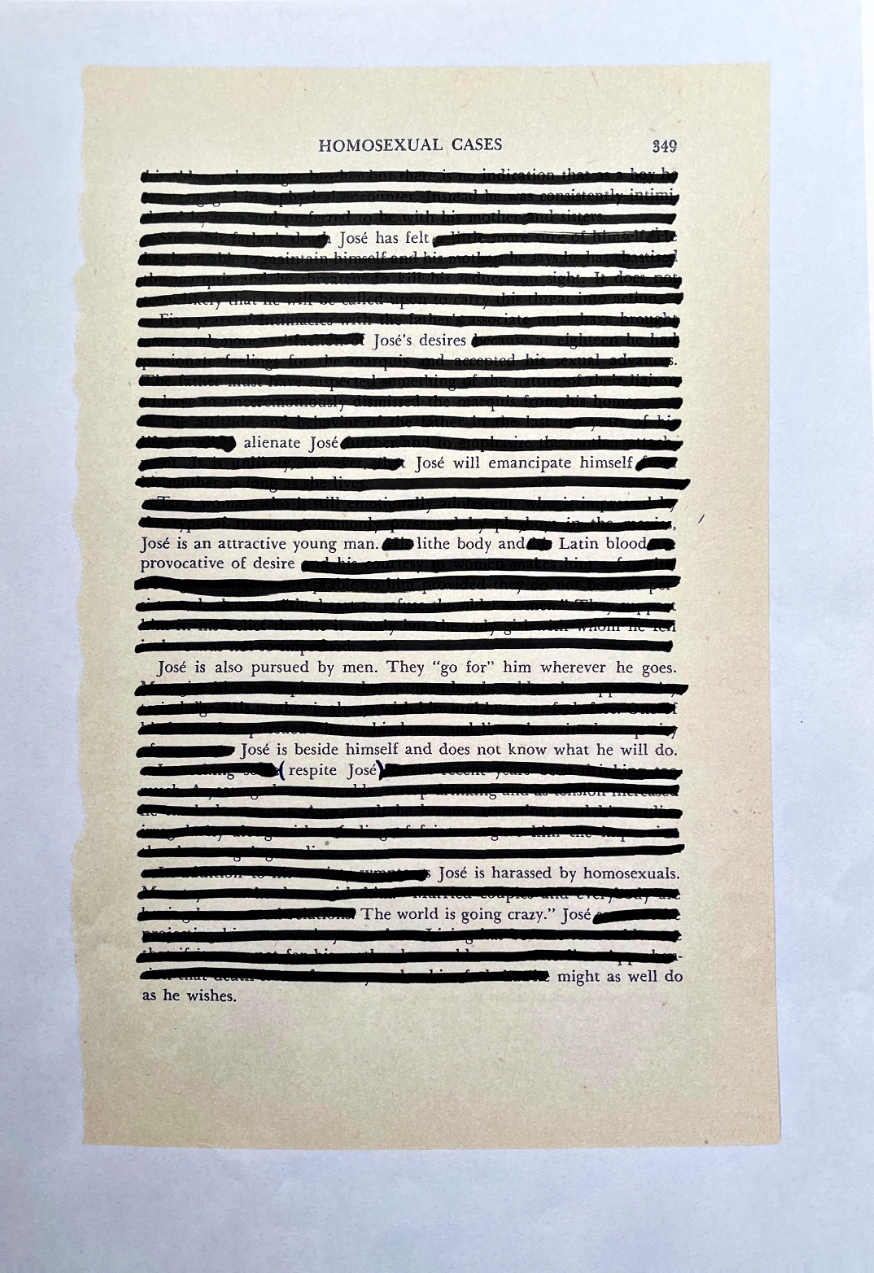Section Branding
Header Content
In 'Blackouts,' one writer brings America's hidden queer history to the forefront
Primary Content
In his new book, Blackouts, Justin Torres plays with fact and fiction, and calls into question whose story gets told.
Who is he? Torres is a writer, novelist and associate professor at UCLA.
- He rose to prominence after the breakout success of his award-winning 2011 novel, We The Animals.
What's he focusing on now? Torres' newest book, Blackouts, is a finalist for the National Book Awards, and explores the emotional and informational depths of the erasure of queer history.
- The fictional story uses real queer history to tell the story of a dying man, Juan Gay, in his last days of care, intertwined with the true history and work of lesbian researcher and activist Jan Gay.
- Jan Gay aspired to change public attitudes towards queerness in the 20th century, and as detailed in the book, eventually had her research co-opted and turned against her.
What's he saying? Torres spoke with All Things Considered host Ari Shapiro to discuss the real life sources, situations and inspirations that went into writing this book.
On how he discovered the story of Jan Gay:
I found this book called Sex Variance: A Study In Homosexual Patterns that was published in 1941. And I was working in a bookstore and somebody brought in a box of donations.
And there were books [from] Jean Genet and Radclyffe Hall and these texts that I recognized as these kind of pre-Stonewall queer texts — and then this medical study.
And [the study] was fascinating and really disturbing, a lot of very pathological language about homosexuality as a social disease. And there was also this really careful documentation of the first-person testimonies that the people were telling about their sex lives and their family lives. And I was so fascinated. I'm like, somebody involved in this clearly paid very close attention.
Want more on queer culture in the U.S.? Listen to Consider This speak to three trans Americans on the current state of trans rights.
And diving into the way Gay had her work co-opted:
There was a couple of books that mention the sex variance study. And one of them was called Departing From Deviance, and another was called An American Obsession.
And in those two books, both of them kind of dive into the story of Jan Gay in the footnotes, and some of it in the direct text. And so I just started researching like, oh, here's this hidden history, and can I tell more about her story? And then I found out I kind of couldn't.
And the blackout poems that allude to the book's title:
My first impulse with these testimonies [in the study] was to make all these people into characters. There's 80 participants in the study, 40 men and 40 women. And I wanted to recuperate their stories.
And I quickly realized that it wasn't going to work. It couldn't work that way, right?
And what I had was this text that was coming from these deviance studies, right? I didn't have these people. I didn't have their stories. I had this pathologized version. And so I just started trying to — one day I just started making photocopies of the book and just blacking out things that bothered me (laughter).
And then that turned into, what if, instead of just trying to redact what I find offensive, what if I just try and make the text say something else? So that rather than recuperating, it's a third kind of interpretation.
So, what now?
- Torres hopes that the line between fact and fiction pushes readers to learn more.
- "I hope that there's this curiosity that gets sparked. And that, I think, is what fiction can do, right? It can give you this kind of sense of being deeply enmeshed in the narrative potential of the past and the way that the past is speaking to the present moment."
- Blackouts is out now.
Learn more:
- This Australian writer might be the greatest novelist you've never heard of
- It's the 10th year of the Kirkus Prize. Meet the winners of a top literary award
- In Jhumpa Lahiri's 'Roman Stories,' many characters are caught between two worlds
Copyright 2023 NPR. To see more, visit https://www.npr.org.



